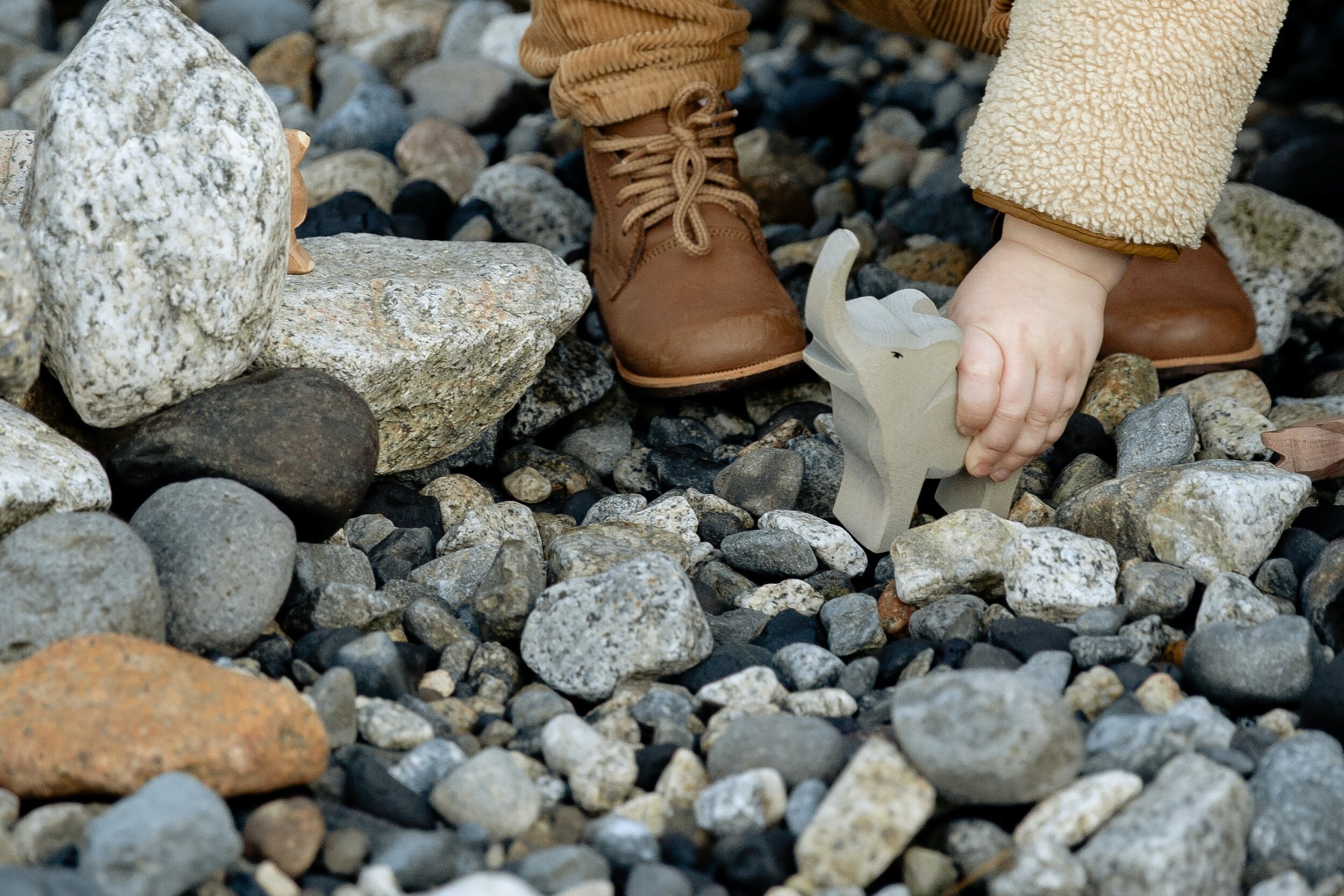
Our
CURRICULUM
Belonging, Being and Becoming – The Early Years Learning Framework for
Australia (EYLF)
Developed by the Australian and states and territory government, with early childhood
segment’s input, this national framework was established in 2008.
It outlines five principles and eight practices for educators to achieve five
learning outcomes which structure children’s future success in their first five
years of age.
Under the National Quality Framework (NQF), EYLF emphasizes playing is learning,
encourages early childhood education and care services to constantly provide
quality teaching environment and nurture young children’s physical, emotional,
social, cognitive and language development in partnership with families and
communities.
To know more about EYLF, you can access the ‘Information for Families’ on the Department of Education website (Click here for more information).
To learn about the NQF, please visit the website of Australian Children’s
Education and Care Quality Authority (ACECQA) (Click here for more information).
The Victorian Early Years Learning and Development Framework (VEYLDF) supports all professionals who work with children aged 0-8. It includes a range of discipline-specific guidelines and practice resources. The framework:
enables you to work more effectively with other professionals and with families
provides valuable guidance for supporting children and families in their transitions through the first eight years of a child’s life
provides a shared language and guiding principles for achieving the best outcomes for every child by supporting continuity of learning
In ILO Early Education Centres, our programs are designed in accordance to VEYLDF.
Victorian Early Years Learning and Development Framework (VEYLDF)
HEI Schools Curriculum - Finnish Early Childhood
Education
At ILO, we implement the HEI Schools Curriculum, a world-renowned Finnish early education program established by the University of Helsinki. Children of ILO prosper by:
learning forms of expression
in musical activities
in crafts and various visual expressions
in verbal and bodily expressions
exploring and interacting with the world around them
linguistic skills
mathematical skills
science and environmental skills
understanding the world of cultures and humanities
cultural competence
moral ethics
practising a healthy way of living
socio-emotional competence
physical well-being
